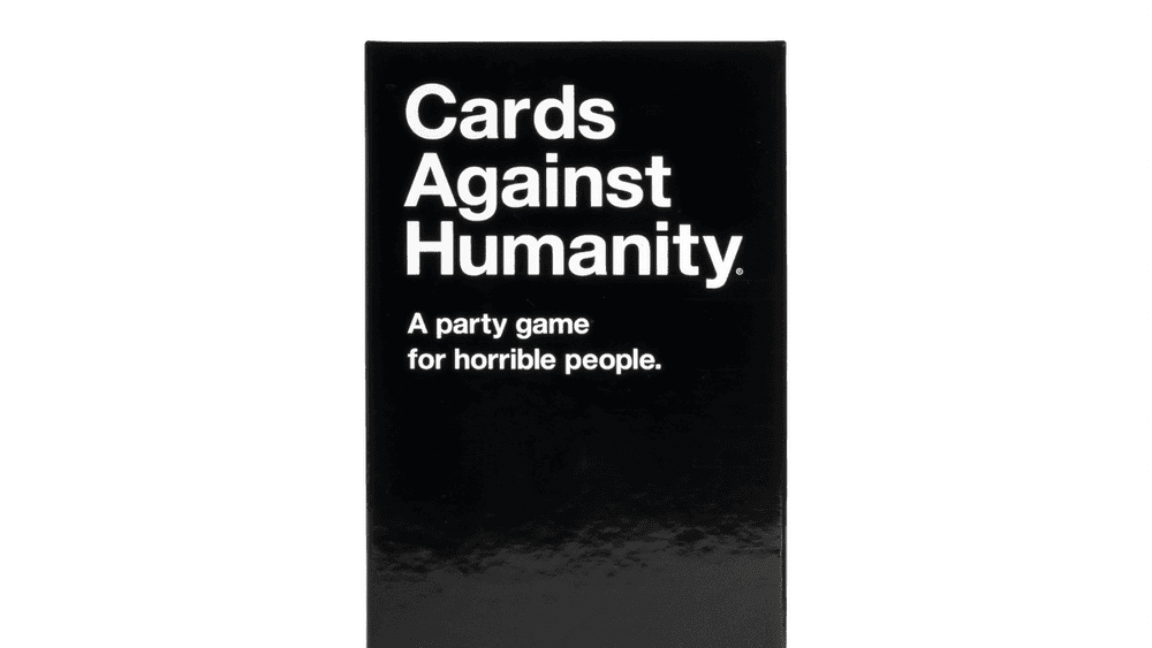
""Some people ask, 'Why not manufacture in the US?' I wish we could," she wrote. "But the infrastructure to support full-scale board game production-specialty dice making, die-cutting, custom plastic and wood components-doesn't meaningfully exist here yet. I've gotten quotes. I've talked to factories. Even when the willingness is there, the equipment, labor, and timelines simply aren't.""
""We actually tried diversifying our suppliers by working with a US factory several years ago, but they were twice as expensive, three times slower, and much lower quality-something like 20 percent of games were unsellable due to production errors," said a spokesperson for the company."
""We have 'used the same factory in China since 2010, and they've grown alongside us from a small business to a huge operation,' I was told. 'They do great work, we like them, and we feel a moral obligation to stand by them through Trump's insanity.'""
Specialized board game manufacturing in the United States lacks necessary infrastructure for components such as specialty dice, die-cutting, and custom plastic and wood parts, making full-scale domestic production impractical. Domestic quotes and factory visits reveal gaps in equipment, labor, and timelines. One company found a U.S. supplier twice as expensive, three times slower, and producing roughly 20% unsellable units due to quality errors. Complex modern games require diverse capabilities—wooden tokens, folding boards, bound books, tiny matchboxes—so companies prefer single, capable manufacturers. Long-term relationships with overseas factories and moral commitments also influence supplier choices.
Read at Ars Technica
Unable to calculate read time
Collection
[
|
...
]